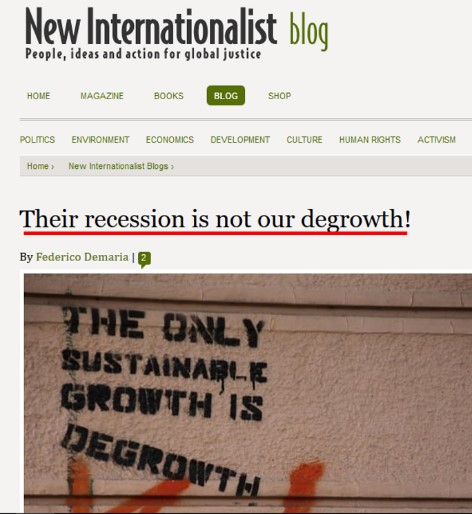The Well Planet Manifesto is an invitation to undertake an agenda of research that is closer to the state of emergency in which we find ourselves. It encourages researchers, activists, policy-makers and member of civil society to act according to this emergency. Those are invited to connect to one another by signing up the manifesto, in order to establish a research network. See the manifesto here below:
to like-minded academics, activists, policy-makers and members of civil society, who share our dedication to prioritise human well-being within planetary boundaries.
Intertwined social and ecological conflicts and crises deepen, widen and accelerate around the globe. The dominant political response is driven by rising populism, nationalism, neoliberalism and ‘post-truth’ cynicism. The core goals of improving human well-being and preserving planetary biophysical capacity are at best forgotten and at worst pitted against each other.
We aim to establish a research network to tackle the giant societal challenge of ‘living well within limits’ based on the principles of deep democracy, equitable distribution and environmental justice. Our ultimate goal is to foster dignified life-chances of current and future human and non-human beings, which can only be achieved by remaining within planetary boundaries.
To address this challenge credibly, we must:
-
- Think big. We acknowledge the systemic and structural causes of social ecological problems and lack of ambition to investigate ‘the bigger picture’ in academia. We prioritise research into structures, institutions and systemic change over marginal, individualistic, or market-based “solutions” grounded in moribund economic thinking.
-
- Face power. We acknowledge the role of power in creating the social ecological problems we experience, and in obstructing solutions to them. Power relations can limit the solution space through manifold channels; they shape everyday patterns of production and consumption (often through obscure fiscal commitments, dominance of particular economic sectors in national economies, and institutional lock-in effects), and reproduce socio-economic inequality. Power also directs prevailing discourses and narratives of progress, such as the primacy of economic growth over human well-being. The threat of power is most insidious when invisible or ignored; it must therefore be studied, exposed and resisted.
-
- Offer credible solutions. We bring forward visionary yet realistic alternatives. We acknowledge the capital importance of socio-political, rather than technological change, and seek meaningful entry points towards systemic change grounded in reality. To understand how and when social and environmental change occurs, we investigate historical, cultural, environmental and social contexts. We recognise that the universal satisfaction of human needs requires both lower and upper limits to consumption.
-
- Act and experiment. Because we are entering uncharted territory for our planetary ecosystems and species, we support new forms of audacious research and teaching: collective and radical participatory experimentation, aiming to identify new ways of promoting and provisioning human well-being within the biophysical capacity of the planet. We will expose systemic economic and political barriers to this goal, and mobilise our research to overcome these.
Our research network offers spaces for expanding this type of research by:
- - Fostering spaces for lucid and collective thinking, through public engagement, joint collaborations, meetings and publications, regardless of academic discipline;
- - Promoting research outcomes whose ambition fulfills the criteria listed above, and are directly aimed at tackling the challenge of “prioritising well-being on a finite planet”;
- - Involving governments, academic societies and funding bodies to support and engage in this research, and take its outcomes forward.
How to get involved?
Sign on to this manifesto on this
website (the list is updated every few days) or email your title, name, position, institution, and country to
wellplanetmanifesto[at]posteo.de. You will then be connected to a community of like-minded researchers, and can share opportunities for engaging in collaborative projects, debates, publications, conference sessions and meetings.
The initiators of the manifesto are: Julia K. Steinberger, William F. Lamb, Elke Pirgmaier, Helga Weisz, Peter-Paul Pichler, Lina I. Brand Correa, Daniel Bailey, Stephen Hall, Doris Fuchs, Sylvia Lorek, Timmons Roberts, Marlyne Sahakian.



